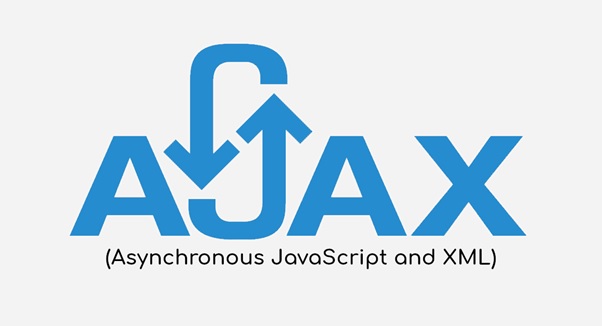Ajax
Sindhu C May 10, 2022 |10:20 AM Technology
AJAX = Asynchronous JavaScript And XML.
AJAX is not a programming language.
AJAX just uses a combination of:
• A browser built-in XMLHttpRequest object (to request data from a web server)
• JavaScript and HTML DOM (to display or use the data)[1]

Figure. 1.Ajax
AJAX is the most viable Rich Internet Application (RIA) technology so far. It is getting tremendous industry momentum and several tool kit and frameworks are emerging. But at the same time, AJAX has browser incompatibility and it is supported by JavaScript, which is hard to maintain and debug.[2]
Advantages of AJAX
- Reduce server traffic and increase speed
The first and foremost advantage of Ajax is its ability to improve the performance and usability of web applications. - Enable asynchronous calls
Ajax benefits web developers in how its framework can be used for lazy loading. Those who don’t know what Lazy Loading is are an optimization technique that’s widely used for online content. - XMLHttpRequest
XMLHttpRequest is a request type widely used for sending a request to Ajax pages. You can also call it with a different name: Asynchronous HTTP request. It plays a vital role in the implementation of Ajax techniques for web development. - Form Validation
In contrast to traditional form submission, where client-side validations occur after submission, the AJAX method enables precise and immediate form validation. AJAX provides speed, which is also one of its significant benefits.[3]
Disadvantages of AJAX
- Open-source. View source is allowed, and anyone can view the code source written for Ajax, which makes it less secure compared to other technologies.
- Search Engines cannot index Ajax pages can not be indexed by Google as well as other search engines.
- The usage of Ajax can cause difficulties for your web pages to debug as well as make them prone to possible security issues in the future.
- Most importantly, Ajax has a considerable dependency on JavaScript, so only browsers that support Javascripts or XMLHttpRequest can use pages with Ajax techniques.[3]
References:
- https://www.w3schools.com/whatis/whatis_ajax.asp
- https://www.tutorialspoint.com/ajax/index.htm
- https://www.mageplaza.com/blog/advantages-and-disadvantages-of-ajax.html
Cite this article:
Sindhu C(2021), Ajax, AnaTechMaz, pp. 80
Previous Post 3D Password















